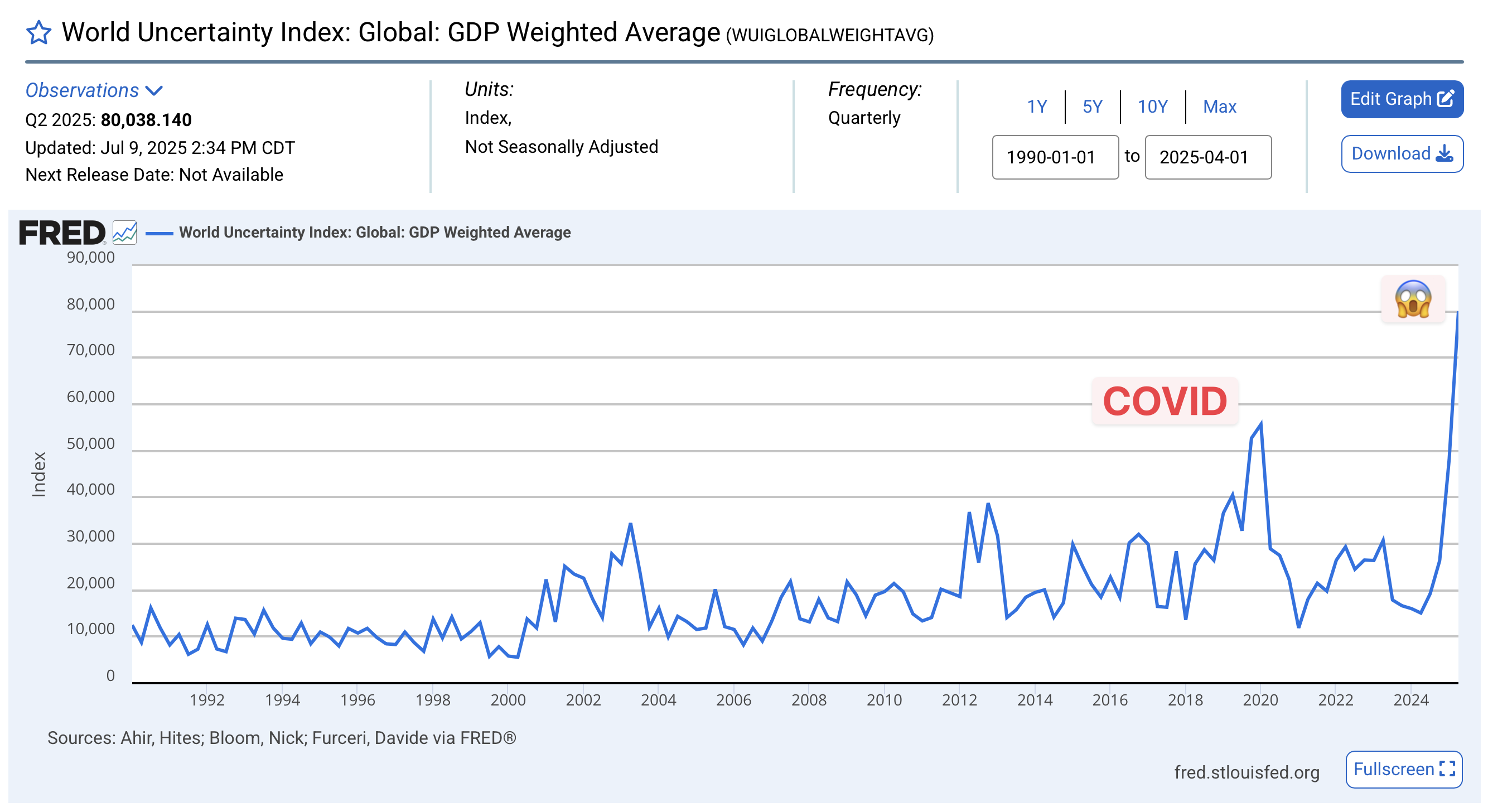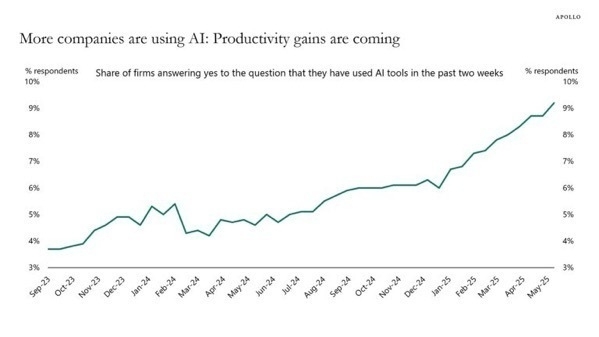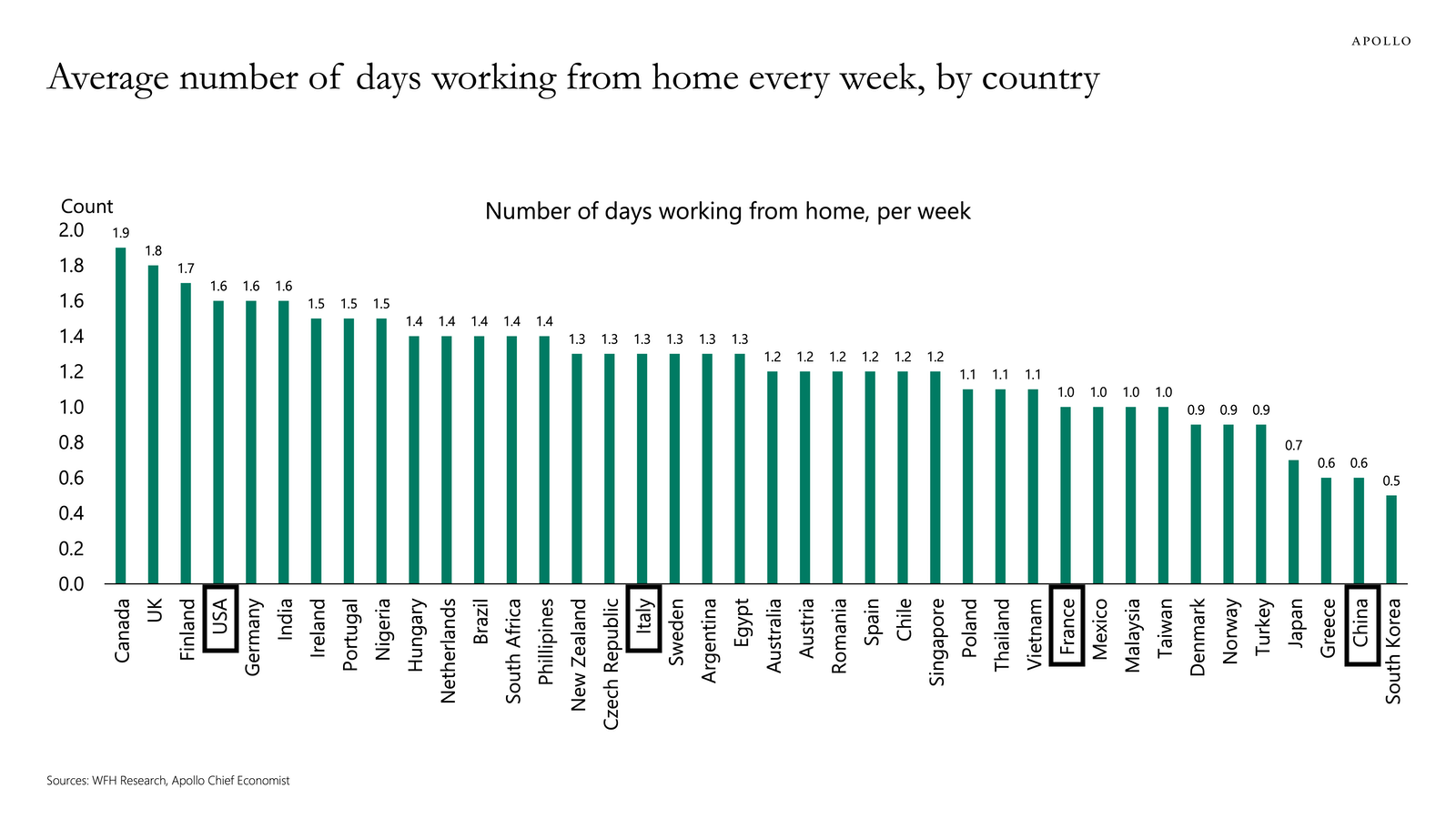AI Is Wrecking an Already Fragile Job Market for College Graduates
The current narrative of AI eating up college graduate entry-level jobs will have interesting and lasting ramifications if true. But before we get there, let’s back up for a second. Here is where we (seemingly) are at:
George Arison, CEO of Grindr: “Companies are ‘going to need less and less people at the bottom.’” […] Matt Sigelman, President of Burning Glass Institute: “This is a more tectonic shift in the way employers are hiring. Employers are significantly more likely to be letting go of their workers at the entry level—and in many cases are stepping up their hiring of more experienced professionals.” […] Ford CEO Jim Farley: Stated he “expects AI will replace half of the white-collar workforce in the U.S.”
And it’s not just CEOs talking about this shift:
Jadin Tate, University at Albany graduate: Recounted his mentor’s warning that his chosen field is being “taken over by AI” and “may not exist in five years.” […] Arjun Dabir, student at University of California, Irvine, on intern work: “That task is no longer necessary. You don’t need to hire someone to do it.”
Which is all well and good for the hiring companies (and, of course, terrible for college grads) – but just like China’s infamous “one child per family”-policy, it will bite you in the tail down the line. You might not need the entry-level worker anymore – but how does someone progress to a mid- to high-level worker if they never had the chance to, well, start somewhere?
Chris Ernst, Chief Learning Officer at Workday: “Genuine learning, growth, adaptation—it comes from doing the hard work. It’s those moments of challenge, of hardship—that’s the crucible where people grow, they change, they learn most profoundly.”
Time will tell.


